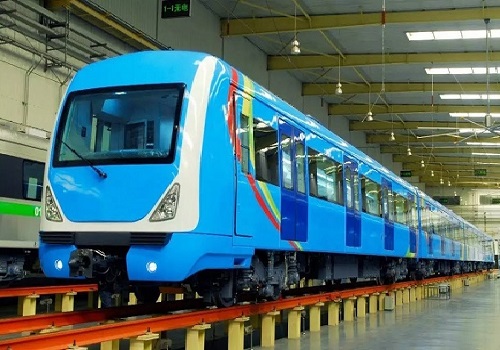The Federal Government has secured about ₦250 billion to fund light rail projects in Kaduna and Kano states, signalling a major push towards improving transportation infrastructure in northern Nigeria.
The announcement was made by the Minister of Information and National Orientation, Alhaji Mohammed Idris, during a World Press Conference held on Monday in Abuja.
According to the minister, the funding — ₦150 billion for Kano and ₦100 billion for Kaduna — underscores President Bola Tinubu’s commitment to balanced and inclusive development across Nigeria’s various regions.
“Contrary to some perceptions, this administration has shown uncommon dedication to equitable development since it assumed office,” Idris said. “No zone is left behind in the distribution of capital projects.”
The light rail projects are part of the government’s broader plan to improve public transport systems in key cities, reduce traffic congestion, and stimulate economic growth at the sub-national level.
Kaduna and Kano, both major commercial and cultural centers in northern Nigeria, stand to benefit significantly from these investments, which aim to modernize urban transport and create jobs.
The Minister also highlighted efforts to strengthen local governments by granting them more financial autonomy and resources to serve as engines of growth in their communities.
“Local Government Areas are being fiscally reintegrated with the financial autonomy that the President is determined to fully operationalize,” Idris explained.
He added that state governments now receive much more revenue from the federation account than before, a development made possible by the removal of the oil subsidy. This has increased fiscal space for sub-national governments to invest in infrastructure without relying heavily on loans.
“Thanks to the increased headroom from the oil subsidy removal, sub-national governments can now do a lot more with less debt,” the minister said.
This announcement comes amid ongoing concerns about Nigeria’s infrastructure deficits, especially in public transportation, which many experts say has held back economic progress in several cities.
Previous attempts to develop rail systems in Nigerian cities have faced challenges such as funding shortages, poor planning, and project delays. The current government’s ability to secure such significant funding marks a positive step forward.
With the light rail projects underway, residents of Kaduna and Kano can expect more efficient and reliable transportation options, which could also reduce road traffic accidents and environmental pollution.
The government’s focus on infrastructure development at the state and local government levels reflects a broader strategy to promote regional growth and improve living standards across Nigeria.

